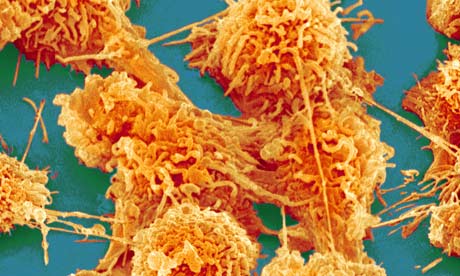It has recently been reported by Macmillan Cancer support that a frightening 47% of the UK population will develop some form of Cancer. That's almost HALF the people you know, possibly yourself included.
This is just 7 years away, and while researchers say system of prevention is on the way, it may take another 15 years at least to find it.
So till then, what can you do to reduce your risk of being in that 47%.
Some of the first pointers that you will have heard, reduce or avoid smoking, reduce alcohol consumption and live an active and healthy lifestyle.
What can you do with your diet to help in Cancer prevention?
Firstly moderate Fat consumption, this is not remove fat from your diet. My last blog was about the difference between good fats and bad fats. Some of the bad fats have been engineered in ways that can disrupt the metabolism of the bodies cells causing carcinogenic changes.
Secondly, ensure you have plenty of Fibre in your diet. Ensuring that food can flow freely through the digestive system prevents build of carcinogenic build in the intestinal wall reducing the risk of colorectal cancer. Best anticancer fibre sources are: wheat bran, kidney beans, garbanzo beans, navy beans, whole
wheat, whole grains, legumes, whole grain bread, and prunes. Simple modifications in your diet can increase the amount of fiber you eat. Use whole grain breads instead of white bread and eat plenty of broccoli, and other raw Fruit and vegetables. Have a big bowl of high fiber bran cereal for breakfast.
Look to reduce red meat in your diet, and exchange for fish. Ifyou do eat red meat regularly be sure to eat it with a good source of fibre and take time off from the red meat for a period of 4 weeks and give the colon chance to rest and cleanse as required.
Ensure you are getting plenty of Omega 3 Fatty acids from fish, flaxseed or supplementation.
Be sure to get plenty of fruit and veg for the benefit of consuming high levels of antioxidants, the antioxidants will prevent carenogenic effects on the cells across the body.
Other things to add into your diet are things like Green Tea, garlic
Be sure to eat well now for a healthy future and don't be part of that 47%
In health
Darren.



